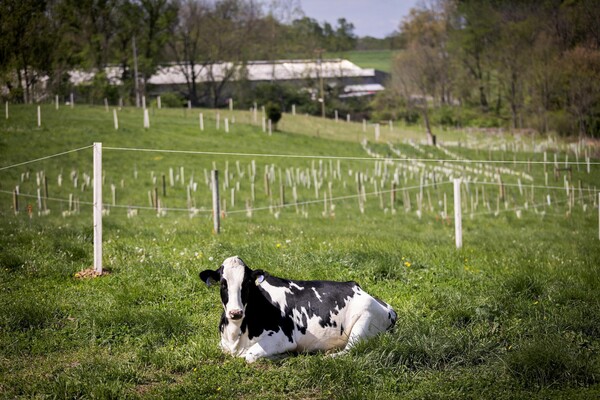
Image: Andriy Onufriyenko via Getty Images
COVID-19 is disrupting all sectors of the global economy, and the energy sector is far from immune. As economic activity slows precipitously on its way to catastrophically, the fossil energy sector that drives part of that activity is responding. With crashing demand due to the pandemic, the first response is seen in prices. A barrel of oil now sells for $25 or less, down from over $60 at the beginning of 2020. The second response is seen in production. So far production has remained stable in the last two months, but companies have announced massive spending cuts that will soon constrain production.
But production hasn’t stopped completely. Extraction and refining companies are likely selling for reduced profits or perhaps even at a loss. But there is something else going on that has big implications for both the government stimulus efforts and the shape of future economic recovery.
That something else is storage. Energy companies employ a variety of ways to store crude and refined products. There are vast storage tank facilities or underground caverns at points along the oil supply chain. There are also large capacities for storage in facilities normally devoted to transporting oil and its derivatives: tanker ships, tanker rail cars, tanker trucks, as well as long distance pipelines.
Fossil energy companies have strong incentives to continue extracting and refining as long as there is a place to store products until demand and price recover. The estimated gap between world oil supply and demand will be 7.4million barrels/d for the first quarter of 2020. Storage facilities are filling fast around the globe and soon will be full. According to commodity data, there are currently over 3.5 billion barrels of global crude oil inventories. This enormous global supply has large and complex implications for the eventual recovery of the global economy.
Read more at the Kleinman Center for Energy Policy.

Image: Andriy Onufriyenko via Getty Images

Four women street vendors sell shoes and footwear on a Delhi street.
(Image: Kannagi Khanna)

nocred

nocred